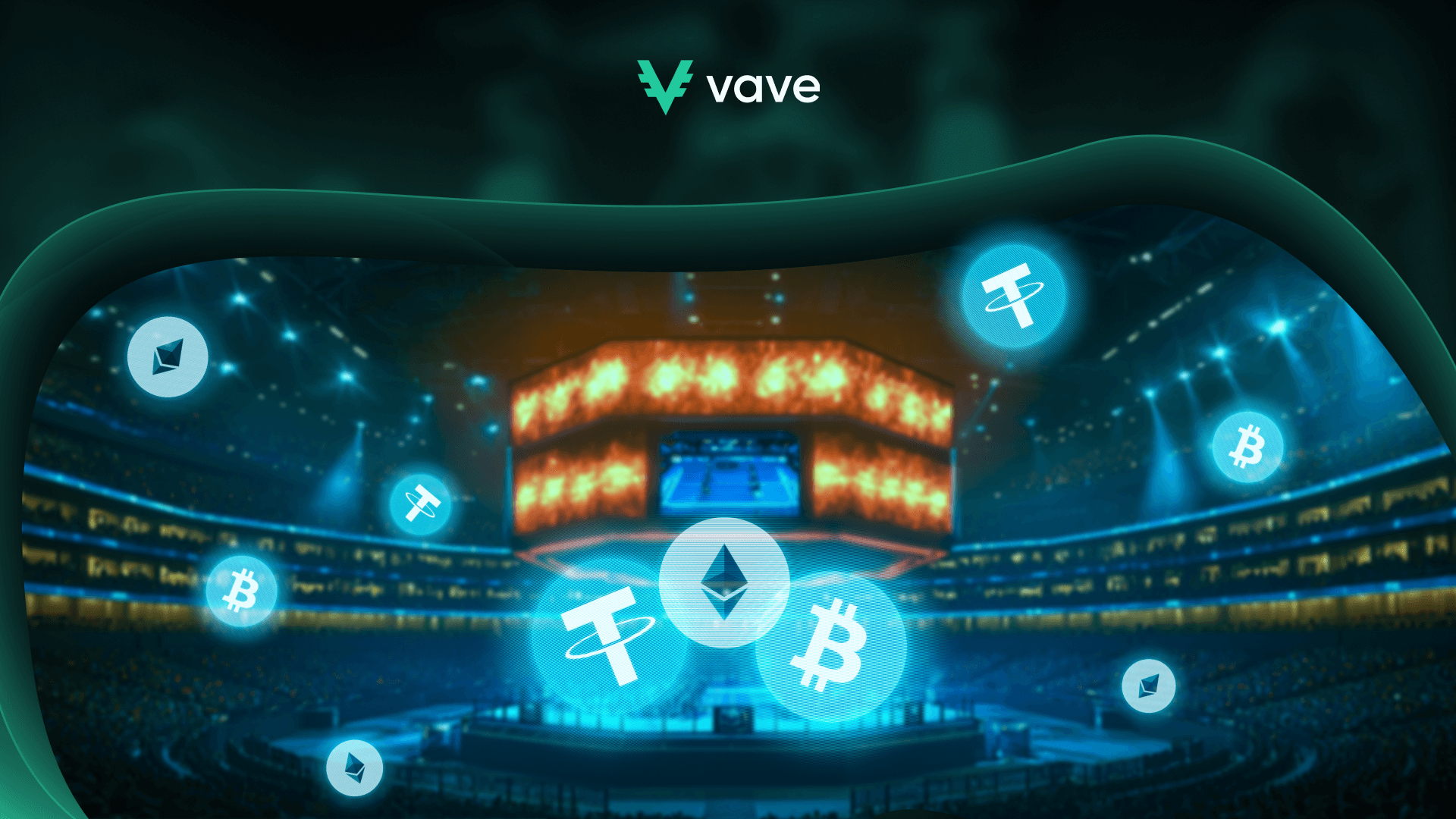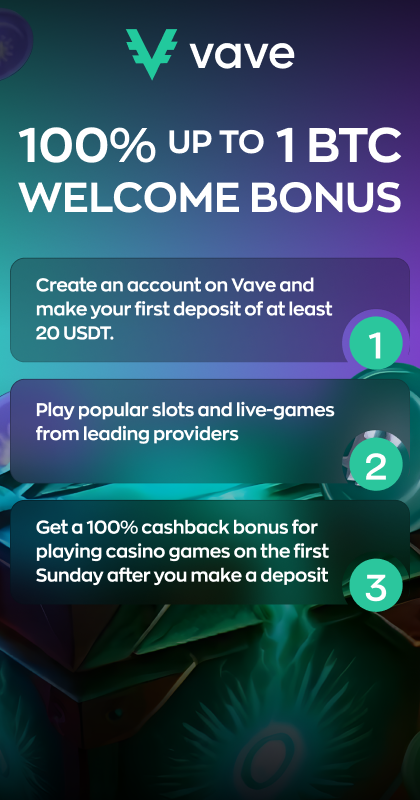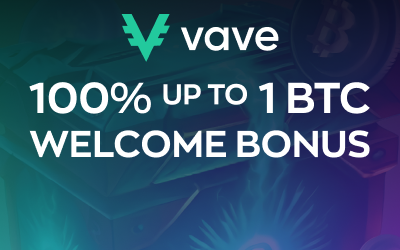According to Statista, the eSports industry gained revenue worth $4 billion in 2023, with reports suggesting it could hit $5.9 billion by 2029. These results highlight the significant potential for growth.
Blockchain technology and cryptocurrencies have played a major role in this industry by providing transparency and creating new opportunities for monetization. Therefore, in this guide, we will explore how these technologies are transforming the eSports world.
Why Blockchain Matters in the World of Competitive Gaming?
Blockchain solves issues within the eSports industry. This technology ensures integrity in gaming results. It also promotes a gaming system characterized by player ownership. In essence, the blockchain provides innovation and decentralization within eSports.
The Role of Blockchain in eSports
The role of blockchain in eSports is clear. Here are some ways this technology affects the virtual gaming scene:
Enhancing Transparency and Fair Play
One role of blockchain is creating fairness and transparency. With smart contracts in eSports, a distributed ledger records all gaming activities. As such, blockchain gaming participants can verify outcomes. This eliminates concerns about cheating.
How Blockchain Creates New Revenue Streams for Gamers
Blockchain and cryptocurrency gaming give players new ways to make revenue. Thanks to tokenization, gamers can receive crypto eSports rewards. These prizes aren’t traditional digital assets awarded and controlled by game developers. Rather, they’re tokenized gaming assets. This means players can own, sell, or trade them on decentralized platforms.
The Rise of Cryptocurrencies in eSports Tournaments
Blockchain eSports tournaments are popular in today’s world. Previously, only a few countries could host eSports tournaments. These competitions also had fiat currency rewards.
With decentralized eSports, organisers can create tournaments with crypto prizes. This structure ensures fast transactions while reducing geographical restrictions.
Popular Crypto-Backed eSports Tournaments
Crypto in eSports is gaining traction by the day. No wonder you’ll find many eSports crypto-backed tournaments. Besides gameplay recorded on a secure ledger, these tournaments offer cryptocurrency prize pools.
For instance, one major tournament in the blockchain gaming ecosystem took place from August 29 to September 26, 2024 — Axie Classic Competitive Season 5. This competition promised 35,600 Axies (AXS) in rewards. AXS is the crypto token on the Axie Infinity game. Players can use this asset to buy in-game tools or trade them on decentralized exchanges.
Axie Infinity’s tournament made headlines due to its native cryptocurrency. Now, major competitions are using cryptos like Bitcoin and Ethereum for their prizes.
eSports Prize Pools in Cryptocurrency: Benefits and Drawbacks
eSports crypto tournaments are going mainstream in the gaming industry. This comes as no surprise as crypto-backed prize pools have several advantages.
Advantages
- Swift Transactions: Cryptocurrency transactions have faster processing times than regular payment methods. If you make a BCH transfer to a BCH wallet, the recipient gets it within minutes.
- Reduced Fees: Some fiat payment routes have high transaction fees. This isn’t the case with cryptocurrencies. Organisers of decentralized eSports tournaments can make payments without incurring costly charges.
- Global Accessibility: Players in blockchain competitive gaming can get crypto rewards instantly. All they need is a wallet on a cryptocurrency exchange.
- Increased Prize Pools: Some companies envision a crypto future. As such, they sponsor eSports tournaments. This results in prize pools reaching tens of millions in USD.
Yet, there are a few disadvantages to consider as well.
Disadvantages
- Volatility: One issue affecting crypto rewards is volatility. The value of coins could change, influencing player payouts.
- Security Risks: Hacks are still a concern within eSports blockchain technology. Crypto transactions are irreversible, meaning you can’t recover stolen tokens.
- Environmental Concerns: Cryptocurrencies like Bitcoin use a Proof-of-Work mechanism. So, its mining requires heavy computing power. This stance could lead to environmental concerns.
NFTs and Virtual Assets in eSports
Non-fungible tokens and virtual assets are a major part of the eSports market. They’ve transformed the industry, offering opportunities to players, teams, and viewers.
NFTs in gaming allow players to collect and own digital tokens. These items include skins, avatars, and weapons. What’s more? Their availability makes blockchain competitive gaming exciting.
With tokenization, gamers can monetize NFTs. How? By selling them on decentralized exchanges. NFTs are also used to invest in profitable virtual worlds like Decentraland and The Sandbox.
Crypto Payments and Microtransactions
Cryptocurrencies are instrumental for in-game purchases on crypto gaming platforms. That way, players can buy features on their favourite titles without difficulties.
The Role of Crypto in Microtransactions and In-Game Purchases
Microtransactions are payments you make for in-game items. Before eSports cryptocurrency games existed, players bought these enhancements with fiat payment methods. The result? Slow transactions and high fees.
These events were frustrating but cryptos brought a new beginning. Today, gamers can make secure and anonymous transactions with these tokens. The greatest advantage of crypto payments is their speed. With eSports blockchain technology, transactions have an average processing timeline of minutes. Thus, players can purchase what they want and resume gameplay immediately.
The Future of eSports and Blockchain Technology
The future of blockchain in gaming remains uncertain but there are predictions about what trends could take centre stage.

How Blockchain Could Shape the Next Decade of eSports
The future of eSports is intertwined with blockchain technology. As the industry’s adoption of blockchain rises, certain aspects will evolve. They include tournament structure, player interaction, and revenue generation.
Furthermore, blockchain gaming could enhance trust. With immutable ledgers containing gameplay activities, organisers can set up transparent tournaments.
Among the major blockchain gaming trends expected to occur is cross-compatibility. If this happens, players will use digital tokens on different crypto gaming titles.
Predictions for Blockchain and Crypto in Competitive Gaming
The future of blockchain gaming is exciting. Here are some predictions that might become a reality:
- Clearer Regulatory Guidelines: Cryptocurrency is gaining popularity in the eSports world. As such, countries will release guidelines on crypto use for virtual gaming activities.
- Increased Player Ownership: Players will have full control over digital assets. They’ll be able to stake or sell them within the eSports blockchain.
- Heightened Adoption: Developers creating crypto-backed games is an expected blockchain eSports impact. This shift will likely spread across different gaming genres.
Conclusion
Blockchain and cryptocurrency are changing how the eSports world operates. These technologies promote gaming fairness and create new revenue streams for participants. With eSports growing, its relationship with the blockchain will lead to more innovation.
FAQ
How does blockchain improve eSports?
What cryptocurrencies are most used in eSports?
What are NFTs in eSports, and why are they important?
Will crypto become the standard in eSports tournaments?
How can players and teams benefit from crypto in eSports?


















